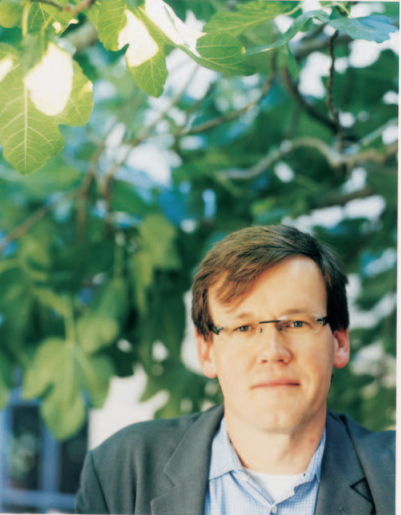New Faculty: David Victor

When David Victor entered Harvard College, he thought he would be a theatrical designer, and he spent every spare moment over the next three years working toward that aim. But he also enjoyed his classes in atmospheric chemistry, physics, and political science. In what he describes as “an accident of history,” these subjects combined perfectly in a critical question the world was confronting: How could governments reduce the production of chemicals that were depleting the ozone layer?
And so began his career as a scholar who seeks to discover how countries can cooperate to solve collective problems, particularly those involving the environment, and how governments successfully and unsuccessfully regulate industries, especially those related to energy production.
After receiving his BA in history and science from Harvard and his PhD in political science from MIT, Victor went on to direct the Science and Technology Program at the Council on Foreign Relations.
He came to Stanford in 2001 to start the Program on Energy and Sustainable Development at the Freeman Spogli Institute for International Studies (FSI). The program focuses on the economic and environmental consequences of energy consumption, and much of Victor’s work involves extensive field research in some of the world’s poorest regions. For example, one such project explores the effects of efforts by governments to encourage private investors to finance costly power plants in developing countries where the rule of law is weak and contracts are essentially unenforceable. In this regard, Victor notes that FSI has had a very productive relationship with law students who have participated in field work.
Victor’s new appointment at the law school (25 percent) will allow him to continue his work at FSI (75 percent) while holding a regular faculty position on campus. It will also enable the law school to strengthen dramatically its curriculum in the areas of regulation, energy law, and environmental policy.
But what does any of this have to do with theater? Victor observes that theater is really about organizing entrances and exits so that everything runs smoothly. “Essentially, my work is about trying to achieve that same type of synchronization on a much larger stage.”
